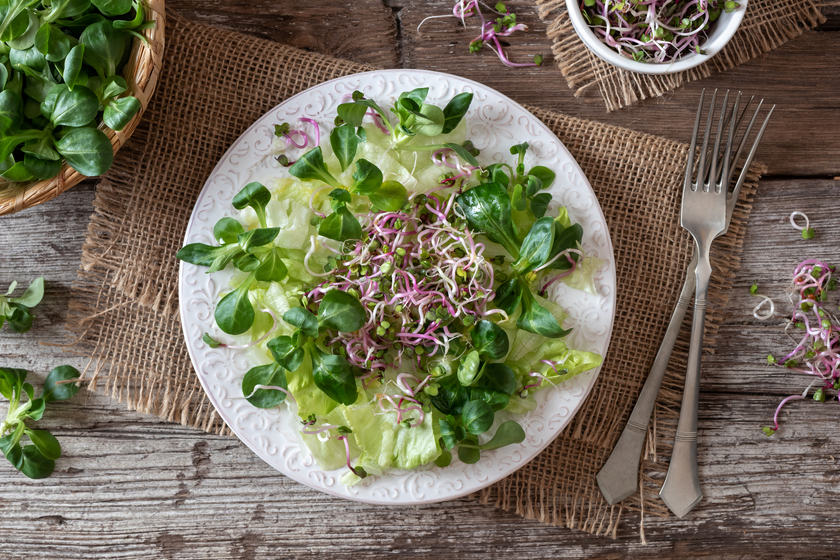It is even more important to prioritize good eating practices as we get older. Planning nourishing and balanced meals will help seniors in Spry, Pa retain their best health and wellbeing. The National Institute on Aging’s recommendations for senior meal planning will be covered in this article.
Choose Nutrient-Dense Foods
Nutrient-dense foods, which offer more nutritious value per calorie, should be prioritized by seniors. Foods including fruits, vegetables, lean meats, whole grains, and low-fat dairy products are included in this category. These foods are full of critical vitamins, minerals, and other nutrients that promote overall health and wellbeing.
Pay Attention to Portion Sizes
When it comes to healthy eating, portion proportions are key, especially for seniors. Our bodies need fewer calories as we get older, so it’s important to watch portion sizes to prevent overeating. Half of your plate should consist of fruits and vegetables, followed by one-quarter lean protein and one-fourth whole grains as a general guideline.
Stay Hydrated
Seniors must stay hydrated because dehydration can cause a number of health issues. Seniors should strive to consume 8 to 10 cups of water each day, or even more if they exercise. Herbal tea, low-fat milk, and water-rich fruits and vegetables like watermelon and cucumbers are further hydrating choices.
Reduce Sodium Intake
Seniors must cut back on their sodium intake since excess sodium can cause high blood pressure and other health issues. Seniors should try to consume less than 2,300 mg of sodium per day, which can be accomplished by staying away from processed and packaged foods, substituting herbs and spices for salt when flavoring food, and preparing meals at home with fresh ingredients.
Limit Added Sugars
A variety of health issues, including as obesity, diabetes, and heart disease, can be exacerbated by added sugars. Seniors should minimize their intake of added sugars by eschewing sweetened beverages, candies, and other treats in favor of entire fruits, which naturally contain sugar.
Consider Dietary Restrictions
Seniors may need to adhere to a particular diet, such as a low-sodium or low-fat diet, if they have dietary limitations or medical issues. To find the ideal diet for your particular needs, it’s crucial to speak with a medical expert or licensed dietitian.
Meal Planning
Prepare meals in advance. Making an advance grocery list and meal plan is the greatest approach to make sure you’re eating healthy food. This can assist you in avoiding impulsively purchasing junk food or unhealthy snacks, which can result in overeating and weight gain.
Healthy Snacking
A healthy diet includes snacks, but it’s also simple to choose bad options when you’re munching. Choose nutrient-dense foods like fruit and vegetables instead of sweet ones like cookies or chips to prevent this. If you must have something sweet, opt for dark chocolate or dried fruit rather as candy bars or biscuits that are loaded with sugar.
Conclusion
For seniors in Spry, Pa to preserve their health and wellbeing, a healthy diet is essential. Seniors can enjoy a well-balanced and nutritious diet that supports their overall health and wellbeing by using these healthy meal planning recommendations.







